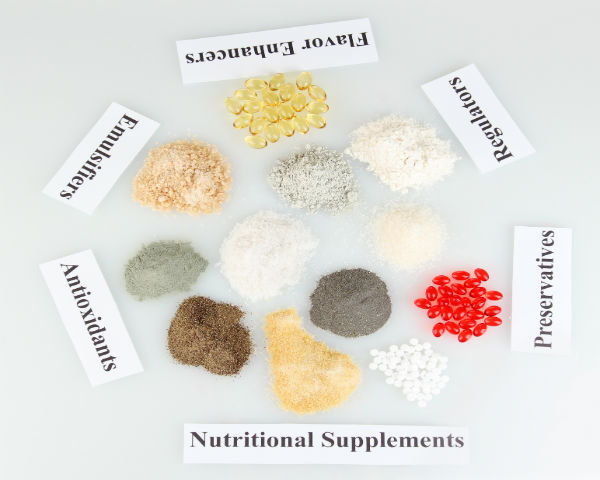EU Is Making Food Safer By Reevaluating Food Additives
Most of the evaluations for food additives in the EU date back to the 1980s or 1990s, some even as far back as the 1970s. This prompted the European Food and Safety Authority (EFSA) to begin a new round of evaluations that will be completed by 2020.
According to EU legislation, food additives are "any substance not normally consumed as a food in itself and not normally used as a characteristic ingredient of food, whether or not it has nutritive value, the intentional addition of which to food for a technological purpose in the manufacture, processing, preparation, treatment, packaging, transport or storage of such food results, or may be reasonably expected to result, in it or its by-products becoming directly or indirectly a component of such foods."
Aspartame, an intense sweetener, is one food additive that has been controversial since the 1970s. Aspartame was first evaluated in the EU in 1984. Each time a new study was conducted the safe use of the substance was confirmed. However, due to new information regarding the additive, the ESFA is conducting a thorough study of the original evaluation. The ESFA will finalize its opinion on the safety of aspartame by the end of 2013.
The substances are evaluated based on data analyzing the effects on human metabolism, sub-chronic and chronic toxicity, carcinogenicity, genotoxicity, and reproduction and developmental toxicity. The data must also include the chemical identifications of the additive, its manufacturing process and the proposed uses and toxicological data.
Three food colors, which include E 104 Quinoline yellow, E 110 Sunset Yellow and E 124 Ponceau 4R, have already been revised based on the new evaluations that lower the acceptable daily intake.
Food additives are allowed if they are not harmful to the consumer, they don't mislead the consumer and there is no alternative to their use.
